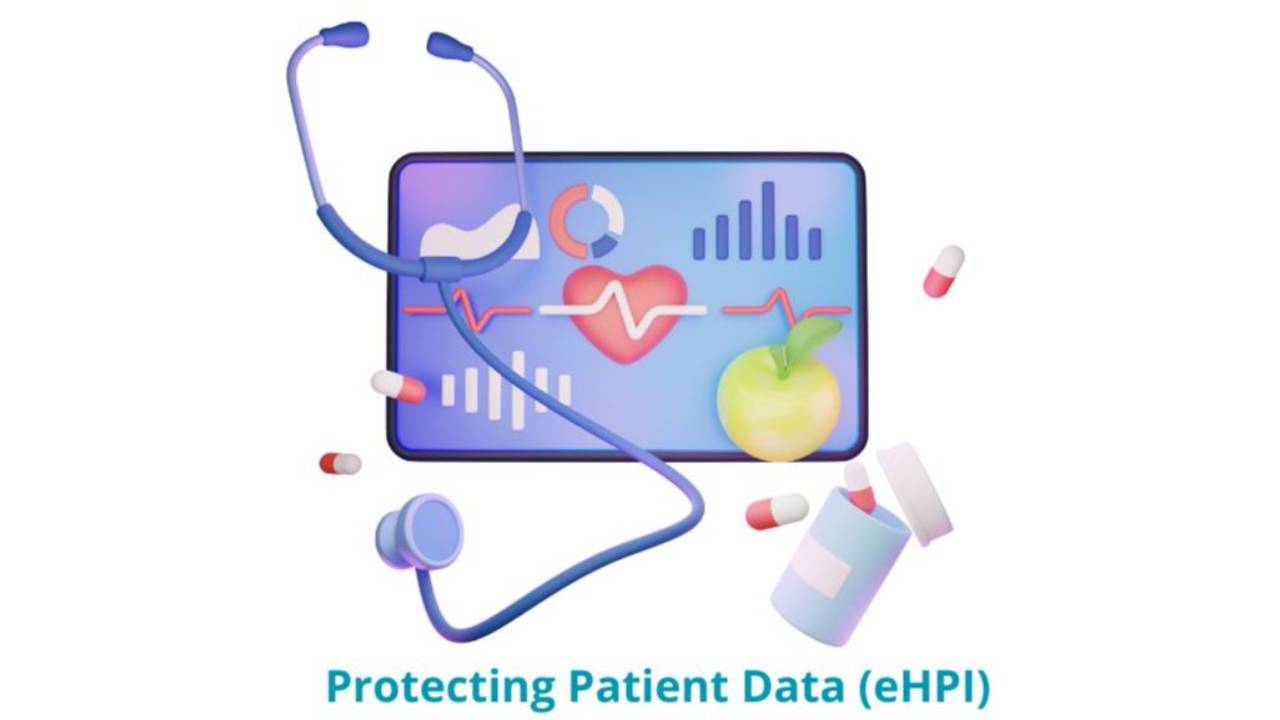Imagine This: What If Your Health Data Was Stolen? 🏥🔓
Jul 10, 2025
The Real-World Impact: It’s Not Just About Numbers
Health data isn’t just a collection of numbers and codes. It’s your story:
- Your name, address, and date of birth
- Your diagnoses, medications, and medical history
- Even your insurance and payment details
Now, imagine a cybercriminal gets their hands on all of that. What could they do?
What Can a Cybercriminal Do With Your Health Data? 🕵️♂️💻
- Identity Theft & Fraud Medical records contain enough personal info to open credit cards, take out loans, or even get medical treatment in your name. You could end up with bills for procedures you never had—or worse, a mixed-up medical history.
- Insurance Scams Fraudsters can use your data to file false insurance claims, draining resources and leaving you with a financial mess to untangle.
- Blackmail & Extortion Sensitive health details—mental health diagnoses, test results, or treatments—can be used to threaten or embarrass victims.
- Targeted Phishing Attacks With detailed knowledge of your health and providers, cybercriminals can craft convincing emails or calls, tricking you or your loved ones into revealing even more information.
- Manipulating Care In rare but terrifying cases, hackers can alter medical records, putting patients at risk of receiving the wrong treatment or medication.
How Would You Feel? 😔
Violated. Vulnerable. Angry. That’s how most people describe it. Your health data is deeply personal. When it’s stolen, it’s not just an IT problem—it’s an emotional and even physical threat.
What Can We Do About It? 🛡️
- Hospitals and clinics must invest in strong cybersecurity: Regular updates, staff training, and strict access controls.
- Patients should stay vigilant: Ask how your data is protected. Check your medical bills and records for errors.
- Policy makers need to keep pushing for tougher regulations and enforcement.
The Bottom Line
We all deserve to feel safe when we’re at our most vulnerable. Protecting health data isn’t just about compliance—it’s about trust, safety, and peace of mind for every patient and family.
How would you feel if your health data was stolen? What steps do you think healthcare providers should take to protect us all? Share your thoughts below—or message me if you want to know more about keeping patient data safe! 💬
#Healthcare #Cybersecurity #PatientSafety #DataProtection #DigitalHealth #Trust
Sign up now and boost your employees’ cybersecurity confidence!


